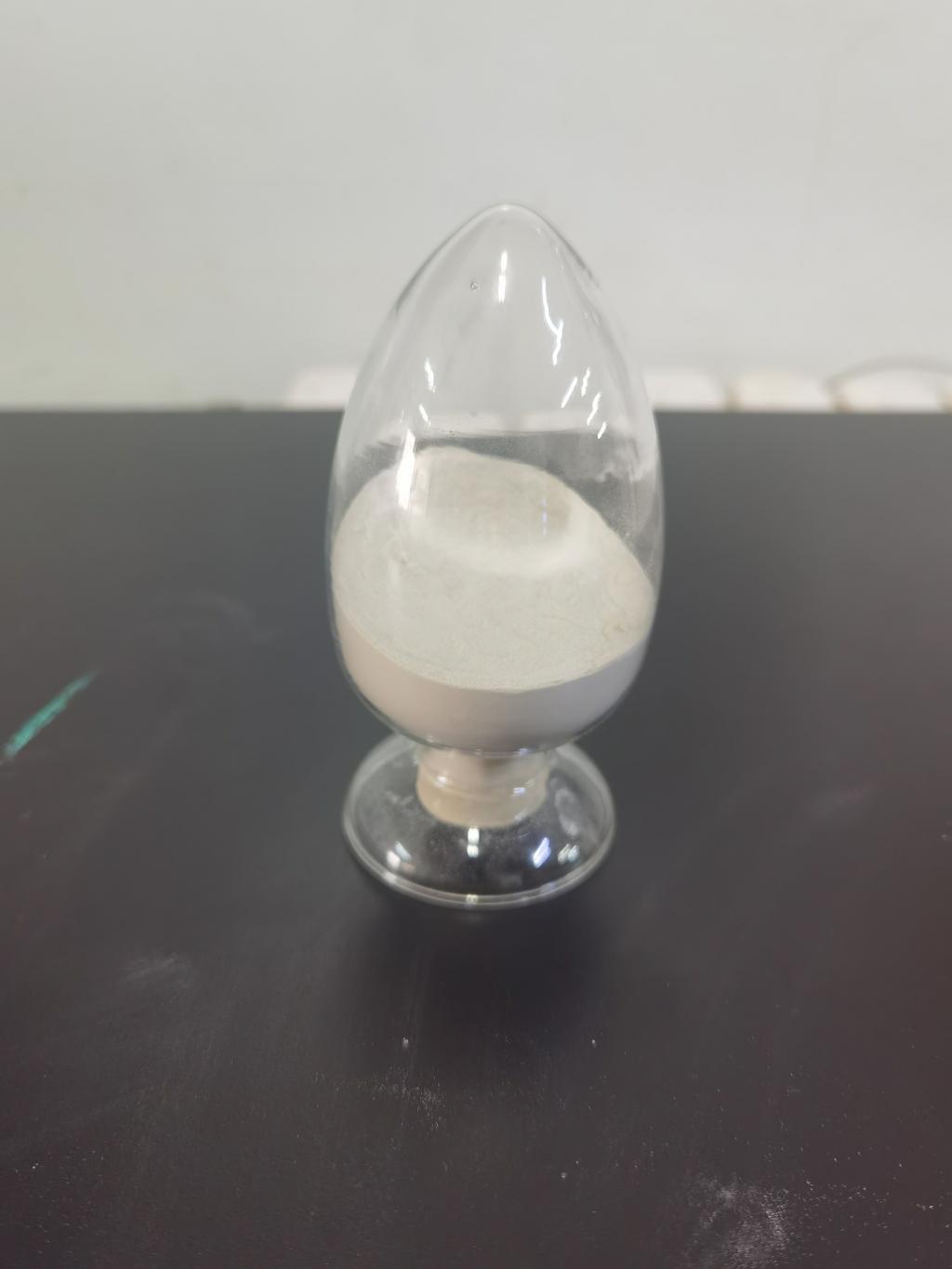Tel:+8618231198596

News
 CONTACT
CONTACT
 CONTACT
CONTACT
- Linkman:Linda Yao
- Tel: +8618231198596
- Email:linda.yao@dcpharma.cn
- Linkman:CHARLES.WANG
- Department:Overseas
- Tel: 0086 0311-85537378 0086 0311-85539701
News
Product Nisin's Role in Enhancing the Safety of Street Food Vendors.
TIME:2023-10-12
The Global Phenomenon of Street Food
Street food is a global phenomenon, deeply rooted in the culinary traditions of many societies. From tacos in Mexico and samosas in India to kebabs in the Middle East and hot dogs in the United States, street food represents a diverse array of delicious, affordable, and culturally rich dishes. Street food vendors are often small, local businesses that contribute to the vibrancy and authenticity of a region's food scene.
Challenges in Street Food Safety
While street food is beloved for its taste and accessibility, it is not without its challenges, particularly regarding food safety:
Hygiene and Food Handling: Street food vendors may operate in unregulated environments, lacking access to proper food safety training and facilities for food preparation and storage.
Contamination Risk: Exposure to environmental contaminants, inadequate handwashing facilities, and subpar sanitation practices can lead to the contamination of food.
Temperature Control: Maintaining proper temperature control for ingredients and cooked food can be difficult, especially in outdoor settings without access to electricity or refrigeration.
Pathogen Growth: The combination of warm temperatures and limited refrigeration can lead to rapid bacterial growth in food, increasing the risk of foodborne illnesses.
Nisin: A Natural Antimicrobial Peptide
Nisin is a naturally occurring antimicrobial peptide produced by certain strains of lactic acid bacteria, such as Lactococcus lactis. It is well-recognized for its ability to inhibit the growth of various harmful bacteria, including Listeria, Staphylococcus, and Clostridium. Nisin has several properties that make it an ideal candidate for enhancing the safety of street food:
Natural Origin: Nisin is derived from the fermentation of lactic acid bacteria, making it a natural and safe food ingredient. It aligns with consumer preferences for clean and minimally processed foods.
Broad-Spectrum Activity: Nisin is effective against a wide range of pathogenic bacteria, particularly those that pose a risk in street food, such as Listeria and Staphylococcus.
Temperature Stability: Nisin remains active at higher temperatures, making it suitable for street food vendors who may lack refrigeration or temperature-controlled storage.
Applications of Nisin in Street Food
Nisin can be applied in various ways to enhance the safety of street food:
Ingredient Treatment: Nisin can be used to treat ingredients such as spices, sauces, and marinades to reduce bacterial contamination before they are used in food preparation.
Cooking Process: Adding Nisin to a recipe can help control bacterial growth during the cooking process. This is particularly beneficial for dishes that require slow cooking or are prepared in large quantities.
Surface Treatment: Spraying or coating cooked street food items with a Nisin solution can provide an additional layer of protection against post-cooking contamination.
Ready-to-Eat Food: Street food vendors offering ready-to-eat items, such as sandwiches or salads, can use Nisin as an ingredient to prevent bacterial growth in these products.
Benefits and Considerations
The use of Nisin to enhance the safety of street food vendors' offerings comes with several benefits and considerations:
Benefits:
Improved Food Safety: Nisin can help control the growth of harmful bacteria, reducing the risk of foodborne illnesses associated with street food.
Extended Shelf Life: By inhibiting microbial contamination, Nisin can extend the shelf life of street food items, reducing food waste and saving costs.
Consumer Confidence: The use of Nisin demonstrates a commitment to food safety, instilling confidence in customers and improving the reputation of street food vendors.
Natural and Clean Labeling: Nisin's natural origin aligns with the growing demand for clean-label foods, which are free from artificial preservatives.
Considerations:
Regulatory Compliance: The use of Nisin in food products is subject to regulatory approval. Street food vendors must ensure that their practices comply with local food safety regulations.
Knowledge and Training: Proper knowledge and training are crucial for street food vendors to use Nisin effectively and ensure safe food preparation.
Consumer Education: Informing consumers about the use of Nisin in street food can help alleviate any concerns and build trust.
Application Variability: The optimal concentration and method of Nisin application may vary depending on the specific street food product and cooking process.
Conclusion
Street food vendors are an essential part of the culinary fabric of many communities, offering a wide range of delicious and affordable dishes. However, food safety challenges can pose risks to both vendors and consumers. Nisin, a natural antimicrobial peptide, presents a valuable tool to enhance the safety of street food.
With its natural origin, broad-spectrum activity, and temperature stability, Nisin can be applied to ingredients, the cooking process, and ready-to-eat street food items to reduce microbial contamination and extend shelf life. As street food continues to thrive globally, the incorporation of Nisin can improve food safety, protect consumer health, and bolster the reputation of this beloved culinary tradition.
- Tel:+8618231198596
- Whatsapp:18231198596
- Chat With Skype







